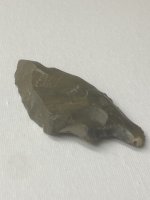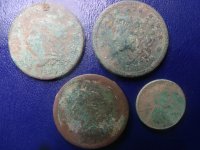amherstdigger
Newbie
- Jun 5, 2013
- 2
- 0
- Detector(s) used
- Soverien GT PRO
- Primary Interest:
- All Treasure Hunting
just want to say hi to eveyone and looking for spots to hunt for treasure around windsor essex county ontario canada so if anyone could help me out let me know please









